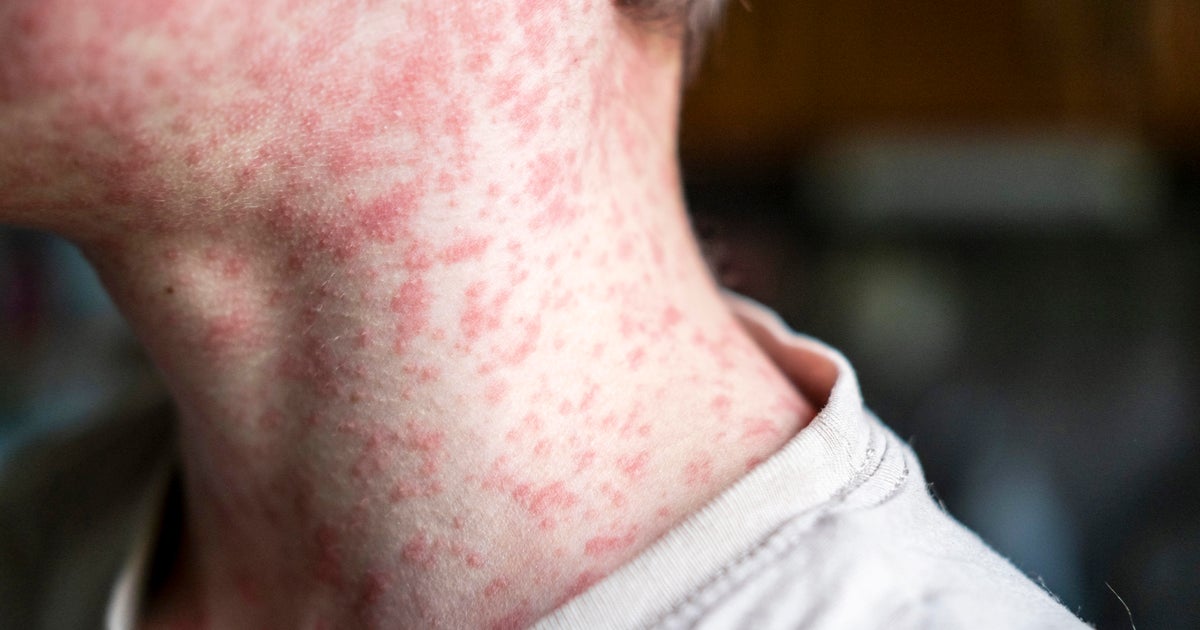After measles is detected at Brooklyn migrant shelter, city health officials quarantining some people there
NEW YORK - New York City health officials are trying to stop cases of measles from spreading after two cases were confirmed Saturday at a migrant shelter in Brooklyn.
The cases were quarantined and confined to one floor of the shelter on Hall Street in Clinton Hill.
Health officials are working to identify anyone who was exposed and to determine their immunity status. People who are not immune are being quarantined for 21 days.
Dozens at the shelter are being quarantined.
Migrants offered vaccine when they arrive in NYC
City Hall says migrants are offered vaccines at the Midtown intake facility for new arrivals, but City Councilmember Crystal Hudson, who represents the district where the migrants diagnosed with measles are, says that's not enough.
"My office has been requesting a vaccination bus specifically for that shelter for several months," Hudson said. "If you're arriving at the Roosevelt Hotel, right, you are worried about a million things. And if somebody is offering you a vaccination, you're not always going to necessarily going to say yes. And so, but maybe once you've been placed in a shelter location, like the one in my district, and things might be a little more settled, if you're offered it again, then you might say yes."
New York City officials said they brought in clinical teams to provide those MMR vaccines to people at the Hall Street shelter, and to monitor those in quarantine.
"It's highly contagious"
"It's highly contagious. It's actually the most contagious infectious disease that we know of," NYU Langone infectious disease Dr. Stephanie Sterling, M.D., M.P.H.
Symptoms of the measles include fever, cough, a runny nose, and a rash.
Patients are most contagious before symptoms even start, Sterling said. She says the tried and true measles, mumps and rubella vaccines are essential.
As for those who are unwilling to get the MMR vaccine?
"It's really important to listen to what someone's concerns are," Sterling said. "I really do favor vaccination. I think it's well proven."







